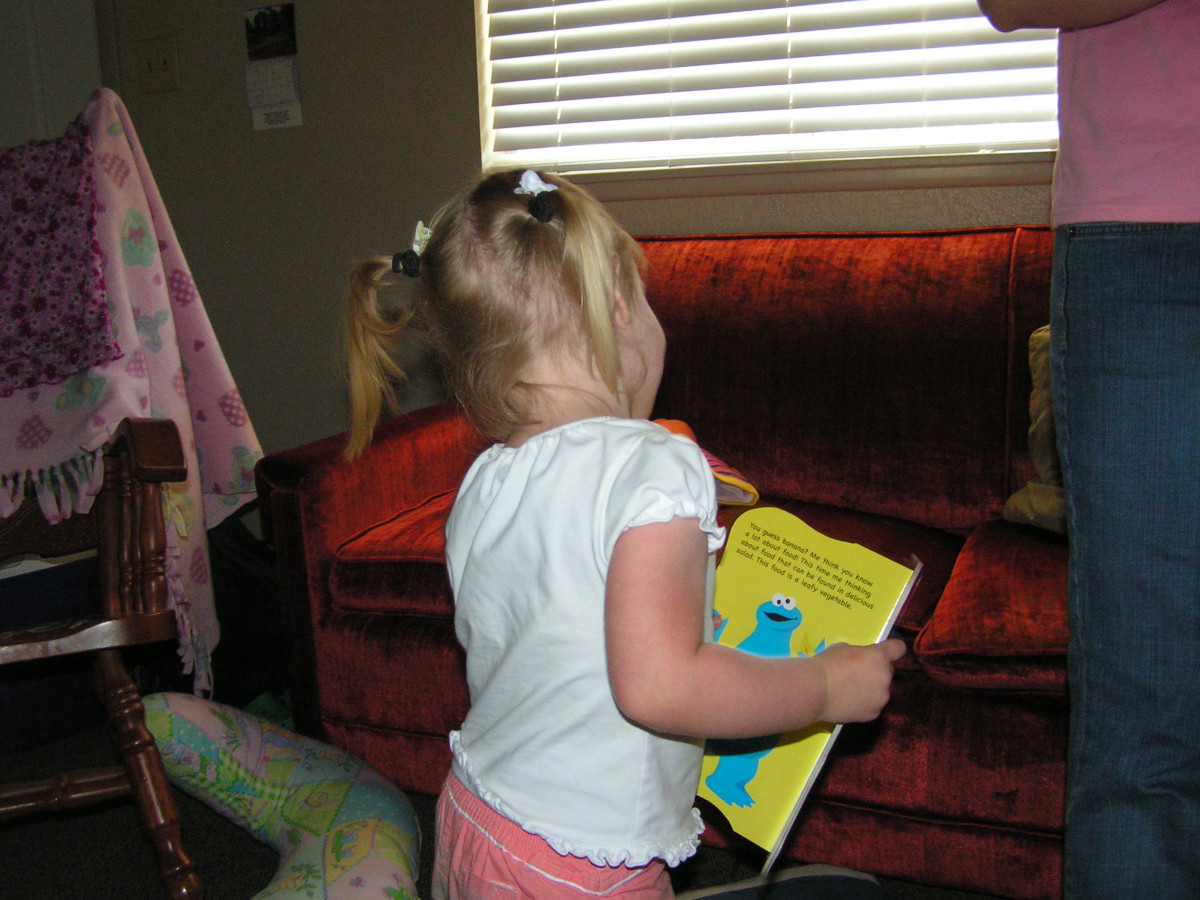Help Your Child Develop Study Skills: Tips on Homework

Helpful Resources:
For More on Children See
- Teaching Children Respect
Everyone says it, and we all know. Many children are disrespectful to each other, to parents, to teachers, and to elders. Why? Not all kids are disrespectful, but I think most would agree that generally... - Important Lessons I have Learned From Children
We are always trying to teach children -- teach them the rules, teach them how to behave, teach them skills. I have worked as a teacher for many years, and I also have two of my own children, so I have spent... - Teaching Kids Money Sense
Money makes the world go 'round, and it's important to teach our children about finances so their journey through adult life is smooth and not complicated with financial dilemmas and endless debt. Start...
Homework and studying, they've been around a long time and will continue to be part of youe child's education. Some children willingly tackle the task of completing homework, while others avoid it all costs. Here are a few tips for parents to help their children with the daunting task of homework.
Start your child in the homework routine early. Typically, children start receiving homework assignments in first and second grade. Usually these are not long assignments, but short lessons to reinforce what has been taught during the school day. As a parent, you should make sure your child brings the assignments home and completes them daily. If a child forgets the daily assignment, encourage him/her to bring it home the next day and complete it so the s/he doesn't fall behind.
You can develop a homework routine by having your child compete the homework at the same time each day. Schedule a time when you can be available so your child can ask you questions if s/he needs help. Also, you need to make sure the child stays on task and completes the necessary work.
Create for your child an environment that encourages him to complete homework. A diningroom or kitchen table provides a good spot because the child will have space for books, papers, etc. Make sure the lighting is appropriate, and turn off the tv or radio because they can be very distracting.
At our house before my son begins homework, he gets a small treat -- a cookie, crackers and cheese, or some fruit. Children do not work well if they are distracted by hunger, so it's a good idea to have the snack before the child starts homework.
Students offer helpful suggestions for studying:
Review with your child what homework needs to be done and the directions for its completion. This can save a lot of frustration because if an assignment is completed incorrectly because the child do not follow directions, s/he will get upset. Take time to make sure your child understands what s/he needs to do before s/he begins.You may be saving yourself and child from a lot of excess stress.
To insure homework is completed, at our home we have a rule: at least half the homework must be completed before my son can go out to play. I am firm about this rule, even if it's a beautiful day outside. In fact, one bright sunny day, my son came home with half his homework already done -- he had done it on the bus on the way home! I knew he really want to hop on his bike and ride down to the neighbor's to play on that particular day because ha had half the homework already done!
How often does your child complete his/her homework?
I do not necessarily make my son complete all his homework at once because he has problems with attention, so I have him complete part of his homework right after school and part in the morning before school. Sometimes breaking tasks into smaller chunks helps students complete work with less frustration.
Homework is a part of your child's education, so help your your child by setting up a routine and environment conducive to homework completion. You can structure success in school for your child and make the homework experience a little less frustrating.









